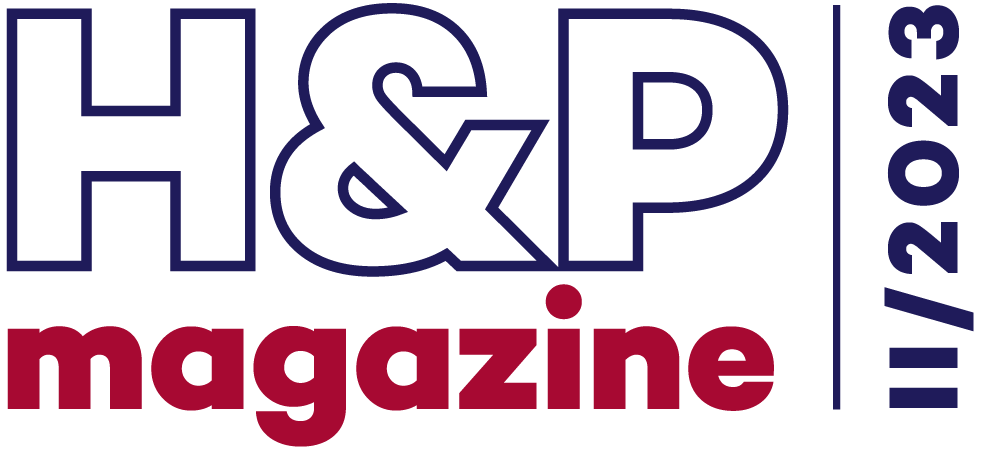The clear regulatory environment for corporate acquisitions in the Czech Republic and Slovakia is a thing of the past. Regulators’ ability to check transactions expanded in the areas of competition, foreign investments, and foreign state aid.
Companies failing to comply with the regulatory requirements face financial penalties and a ban of their acquisitions.
Until 2021, the regime for review of corporate transactions, including acquisitions in the EU, prided itself on being predictable. The obligation to notify mergers applied to companies that met easily verifiable criteria based on their annual turnover. However, in February 2021, the European Commission took an unprecedented step in the Illumina/GRAIL case, investigating the transaction based only on requests from the EU Member States’ competition authorities under the Dutch Clause.
The Illumina/GRAIL case was specific in that the acquired company GRAIL, a US biotech start-up for blood-based early cancer detection, did not have a developed product at the time of the transaction, achieving no turnover in the EU. Thus, it did not meet the notification criteria of either the Member States or the Commission. Nevertheless, the Commission asked Member States’ authorities to request an investigation of the transaction – several of the authorities complied. In the investigation that followed, the Commission not only banned the transaction, but fined Illumina EUR 432 million for violating the prohibition of implementing the transaction without the Commission’s approval.
This was, in a nutshell, a case showing that the Commission can investigate any transaction, regardless of whether it meets the notification criteria or not. What is more, if the Commission decides to investigate and the transaction goes ahead without its approval, the parties will face fines worth millions of euros. As a result, the parties involved should assess the potential effects of their transaction even if the transaction does not meet the notification criteria.
Foreign investments under tight scrutiny
There have also been changes in the control and screening of foreign investments. Under the new system in the Czech Republic and Slovakia, non-EU investors must notify the affected ministries (the Ministry of Industry and Trade in Czech Republic and the Ministry of Economy in Slovakia) of acquisitions of companies operating in the areas of national security or public order. Foreign investors include not only entities based outside the EU but also EU entities controlled by entities based outside the EU.
In some areas, such as critical infrastructure, critical information systems, or broadly defined production and development of products with potential military applications, foreign investors are subject to a notification obligation if they acquire 10% of the voting rights (which is a much lower threshold than the one typically required by competition authorities in case of notifications).
Foreign investors must, therefore, carefully consider whether they have to notify the competent authorities of their intended transaction in the Czech Republic and Slovakia. If they fall within the fields listed above, they should brace themselves for a months-long, information-intensive notification process, and for having to wait for the Ministry’s approval to implement the transaction – or face heavy fines. Foreign investors can notify the authorities of a transaction even if they are not subject to the notification obligation. If they fail to do so, they will not be fined, but run the risk that the Ministry opens an ex officio procedure, with the possibility of banning the transaction retroactively.
In addition, the Commission’s Foreign Subsidies Regulation came into force this year, having a major impact on the implementation of transactions. The regulation primarily concerns public subsidies in corporate transactions and public procurement. The regulation provides for mandatory notification of the transaction to the Commission where: one of the undertakings involved in the transaction or the joint venture being established is active in the EU and the aggregate turnover of all of the undertakings involved exceeds EUR 500 million; and the undertakings involved in the transaction have received financial contributions of more than EUR 50 million from a third country or an undertaking controlled by the third country in the previous three years. This also enables the Commission to assess subsidies granted to companies by non-Member States, such as the US, the UK, Switzerland, or China.
A transaction meeting these criteria is subject to notification to the Commission under a procedure which is very similar to merger control under competition law. This is thus another thing to keep in mind when contemplating a merger.

Our team has long specialised in competition advice on transactions and state aid analyses (EU and non-EU). Over the short time that the Czech and Slovak foreign investment screening legislation has been in force, we have already gained experience in a number of notifications. With our extensive expertise, we can assist you as a one-stop shop with all aspects of the acquisition-related regulation.









